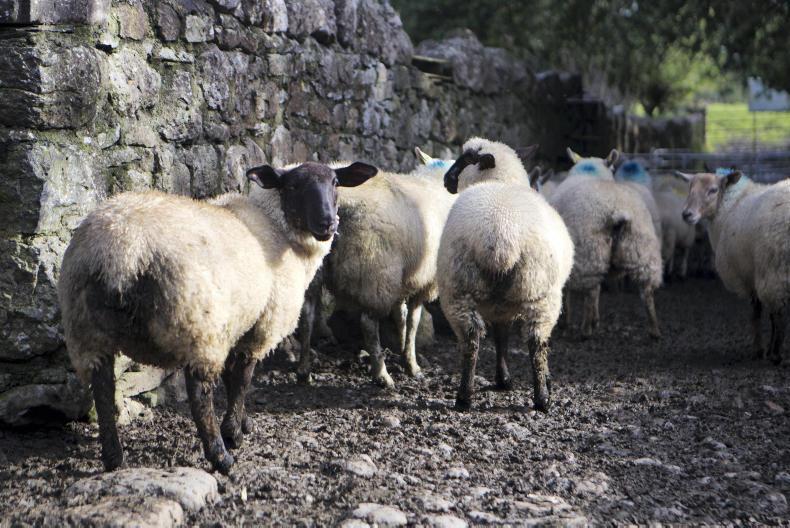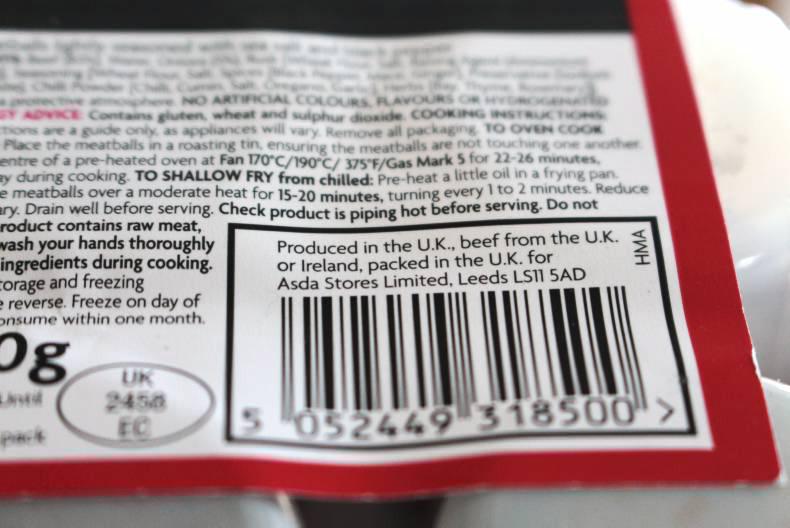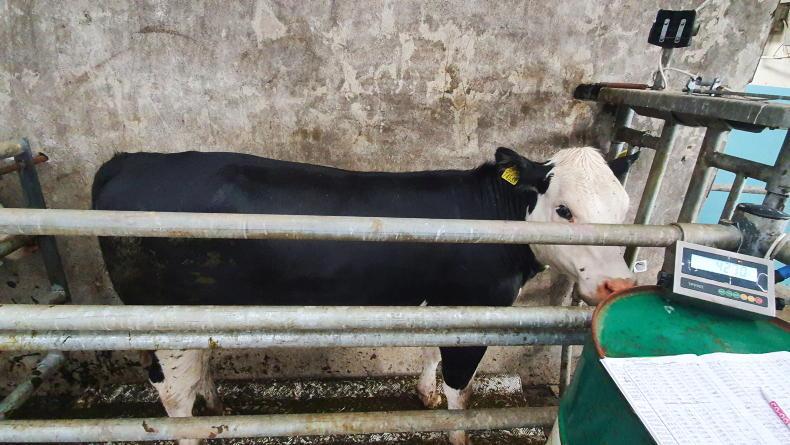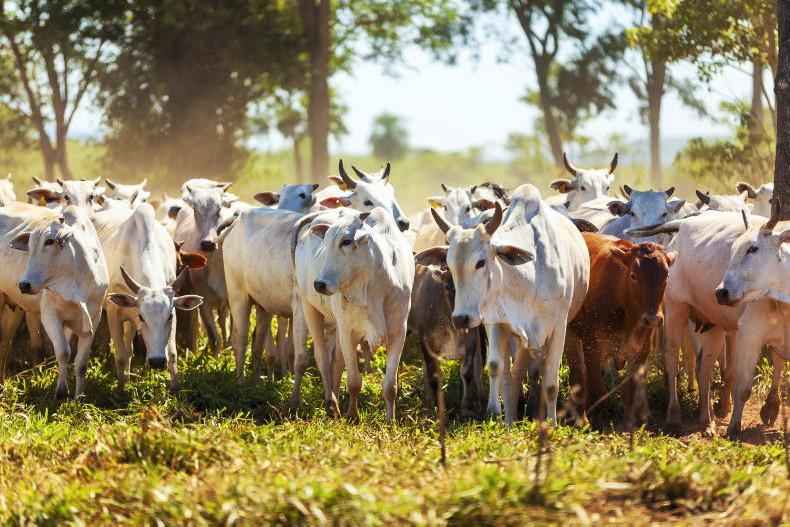While the idea of an all-island beef label has regularly been mooted as a way to alleviate pressure on the live export trade between the Republic and Northern Ireland, this possibility has now been ruled out for the foreseeable future by Minister for Agriculture Michael Creed.
Replying to a parliamentary question from Fianna Fáil’s Charlie McConalogue on the status of the progress towards development of an all-island beef label, Creed said British retailers have made it clear that they have a longstanding policy to market British and Irish beef separately.
“They have therefore explicitly rejected the concept of an all-island or mixed label,” he said. “This means that beef must be sourced from animals originating in one EU member states, ie born, reared and slaughtered in Ireland or the United Kingdom.”
Creed added that although there is a belief that an all-island label would take pressure off the live export trade between the Republic and Northern Ireland, this trade is determined by “a range of factors, primarily the sterling exchange rate, but also supply of cattle in each market, retailer preferences and production cycles, among others”.
All-island label v COOL
Earlier this year, before the British voted to leave the EU, a debate between the merits of an all-island label and changes to EU regulations on country-of-origin labelling (COOL) was the height of farmers’ concerns.
Since the Brexit vote, however, farmers are facing into the scenario that Northern Ireland won’t even be a member of the EU in a few years
In February our markets intelligence specialist Phelim O’Neill argued that an all-island label cannot trump COOL, which only designates a product as either Irish or British if the animal was born, reared and slaughtered there.
O’Neill argued that a modification to COOL legislation, whereby produce could be designated as Irish or British based on where it began its existence, would solve the “nomad” issue without interfering with the member state basis of the existing rules. Under the current situation, major processors specifically penalise mixed-origin beef by £1/kg.
Since the Brexit vote, however, farmers are facing into the scenario that Northern Ireland won’t even be a member of the EU in a few years, with all the extra complications this will bring to cross-border trade.
In his first outing before the media on Brexit this month, the EU’s chief negotiator on the issue, Michel Barnier, did not create much hope for a soft border between the UK and Ireland, saying the UK cannot “cherry pick” its post-EU membership arrangement with its former colleagues.
“Being a member of the EU comes with rights and benefits,” Barnier said. “Third countries [non-members, which the UK will be after Brexit] can never have the same rights and benefits since they are not subject to the same obligations.”
Read more
Full coverage: Brexit
While the idea of an all-island beef label has regularly been mooted as a way to alleviate pressure on the live export trade between the Republic and Northern Ireland, this possibility has now been ruled out for the foreseeable future by Minister for Agriculture Michael Creed.
Replying to a parliamentary question from Fianna Fáil’s Charlie McConalogue on the status of the progress towards development of an all-island beef label, Creed said British retailers have made it clear that they have a longstanding policy to market British and Irish beef separately.
“They have therefore explicitly rejected the concept of an all-island or mixed label,” he said. “This means that beef must be sourced from animals originating in one EU member states, ie born, reared and slaughtered in Ireland or the United Kingdom.”
Creed added that although there is a belief that an all-island label would take pressure off the live export trade between the Republic and Northern Ireland, this trade is determined by “a range of factors, primarily the sterling exchange rate, but also supply of cattle in each market, retailer preferences and production cycles, among others”.
All-island label v COOL
Earlier this year, before the British voted to leave the EU, a debate between the merits of an all-island label and changes to EU regulations on country-of-origin labelling (COOL) was the height of farmers’ concerns.
Since the Brexit vote, however, farmers are facing into the scenario that Northern Ireland won’t even be a member of the EU in a few years
In February our markets intelligence specialist Phelim O’Neill argued that an all-island label cannot trump COOL, which only designates a product as either Irish or British if the animal was born, reared and slaughtered there.
O’Neill argued that a modification to COOL legislation, whereby produce could be designated as Irish or British based on where it began its existence, would solve the “nomad” issue without interfering with the member state basis of the existing rules. Under the current situation, major processors specifically penalise mixed-origin beef by £1/kg.
Since the Brexit vote, however, farmers are facing into the scenario that Northern Ireland won’t even be a member of the EU in a few years, with all the extra complications this will bring to cross-border trade.
In his first outing before the media on Brexit this month, the EU’s chief negotiator on the issue, Michel Barnier, did not create much hope for a soft border between the UK and Ireland, saying the UK cannot “cherry pick” its post-EU membership arrangement with its former colleagues.
“Being a member of the EU comes with rights and benefits,” Barnier said. “Third countries [non-members, which the UK will be after Brexit] can never have the same rights and benefits since they are not subject to the same obligations.”
Read more
Full coverage: Brexit









SHARING OPTIONS